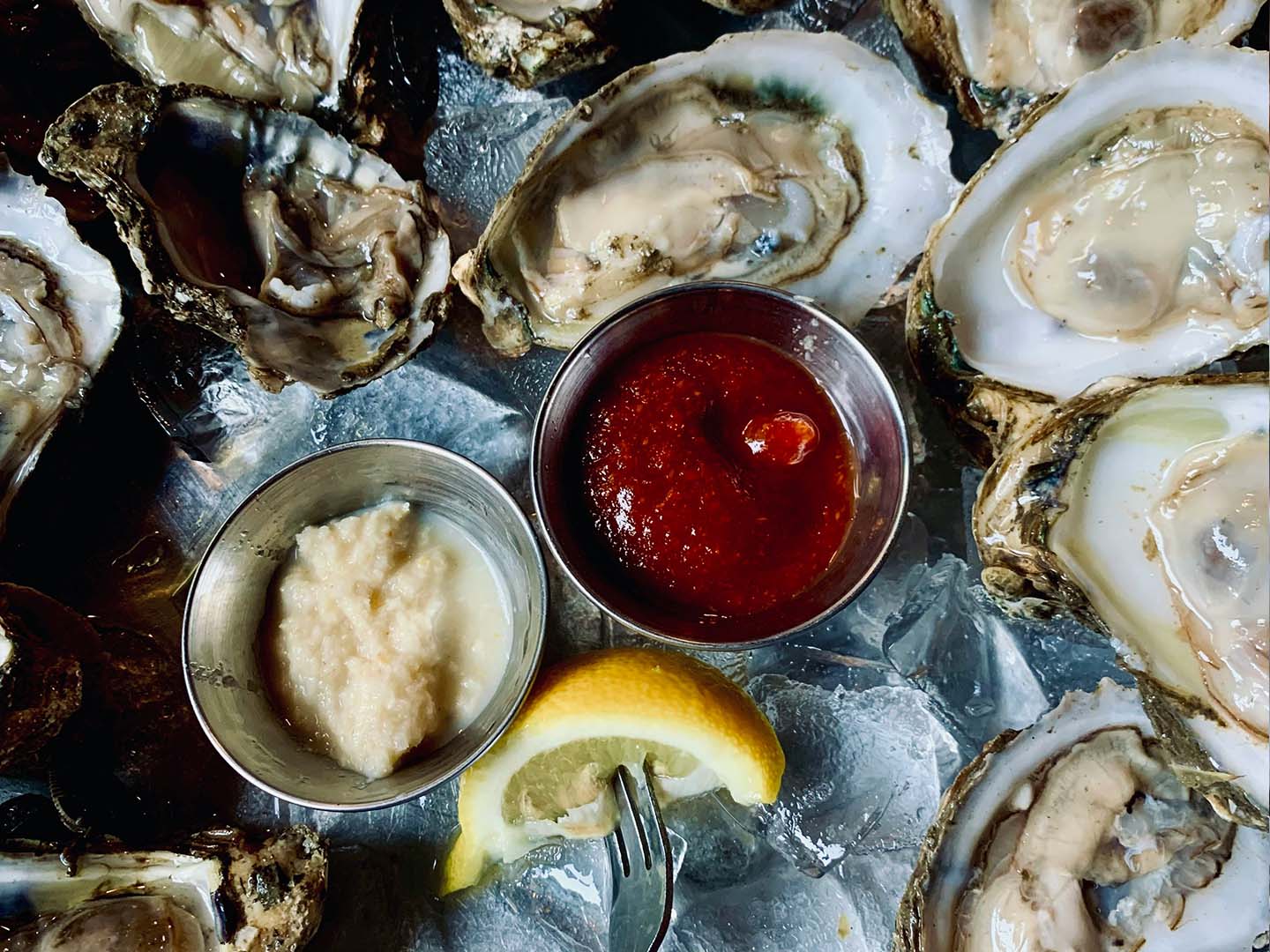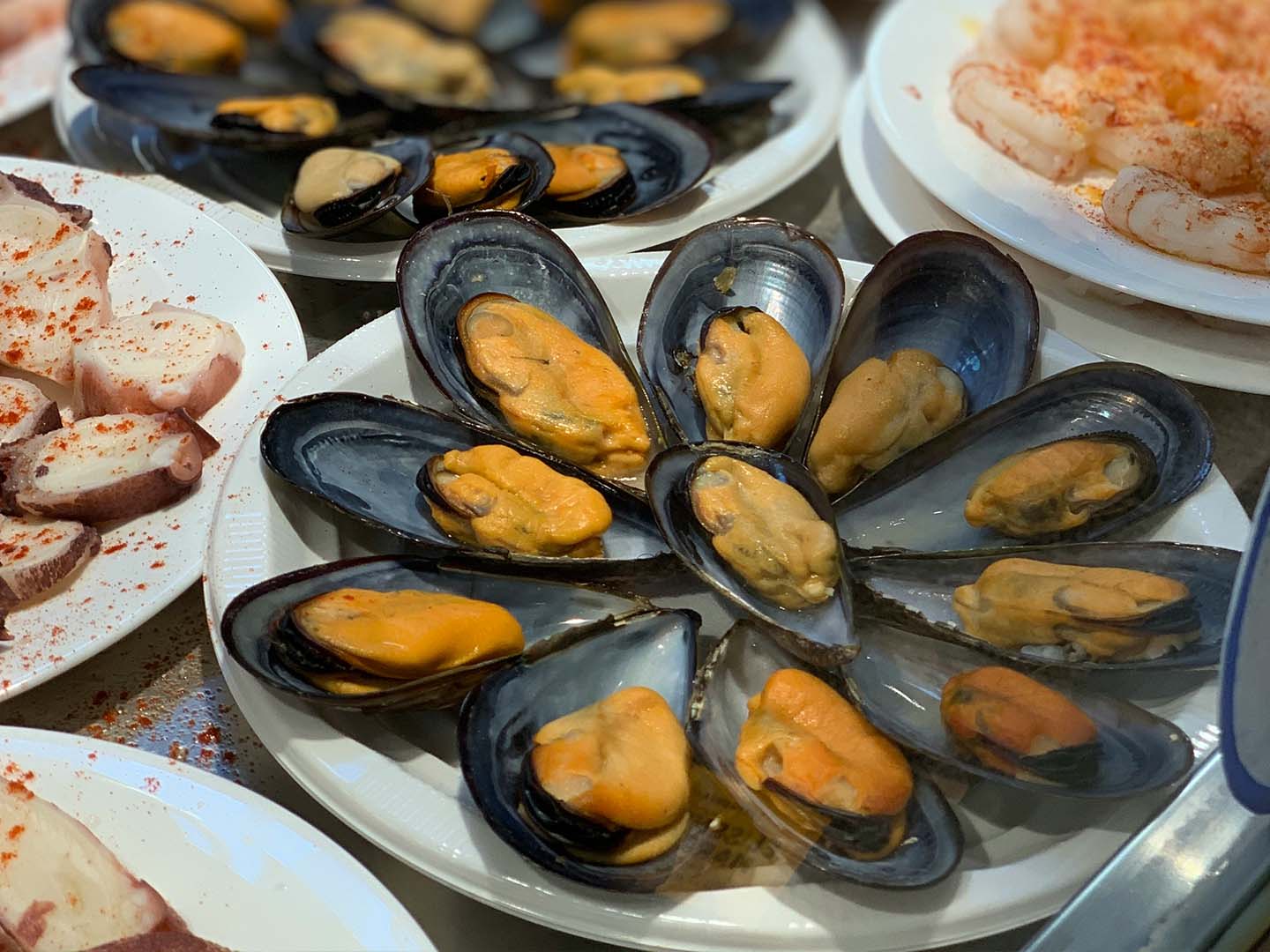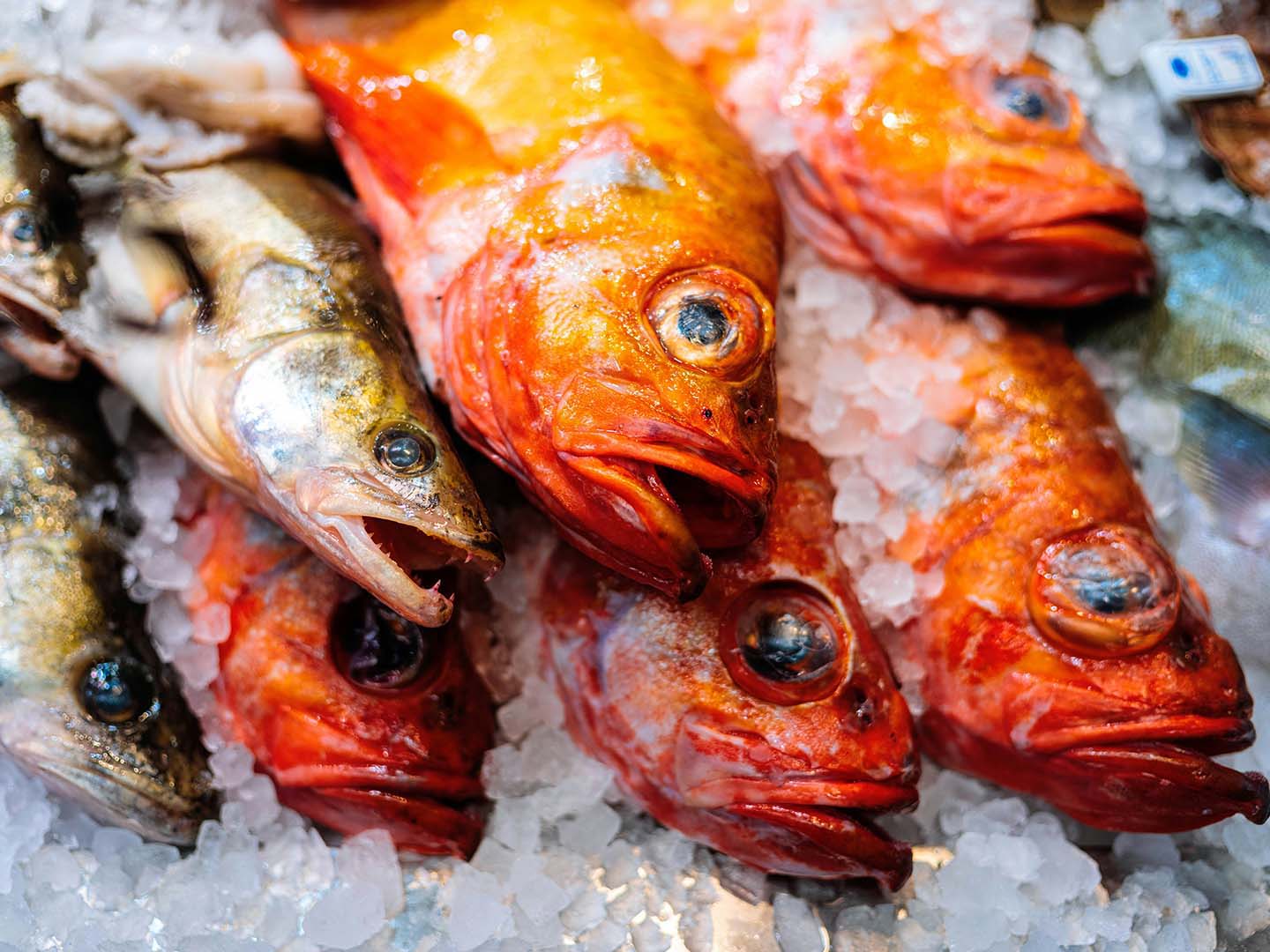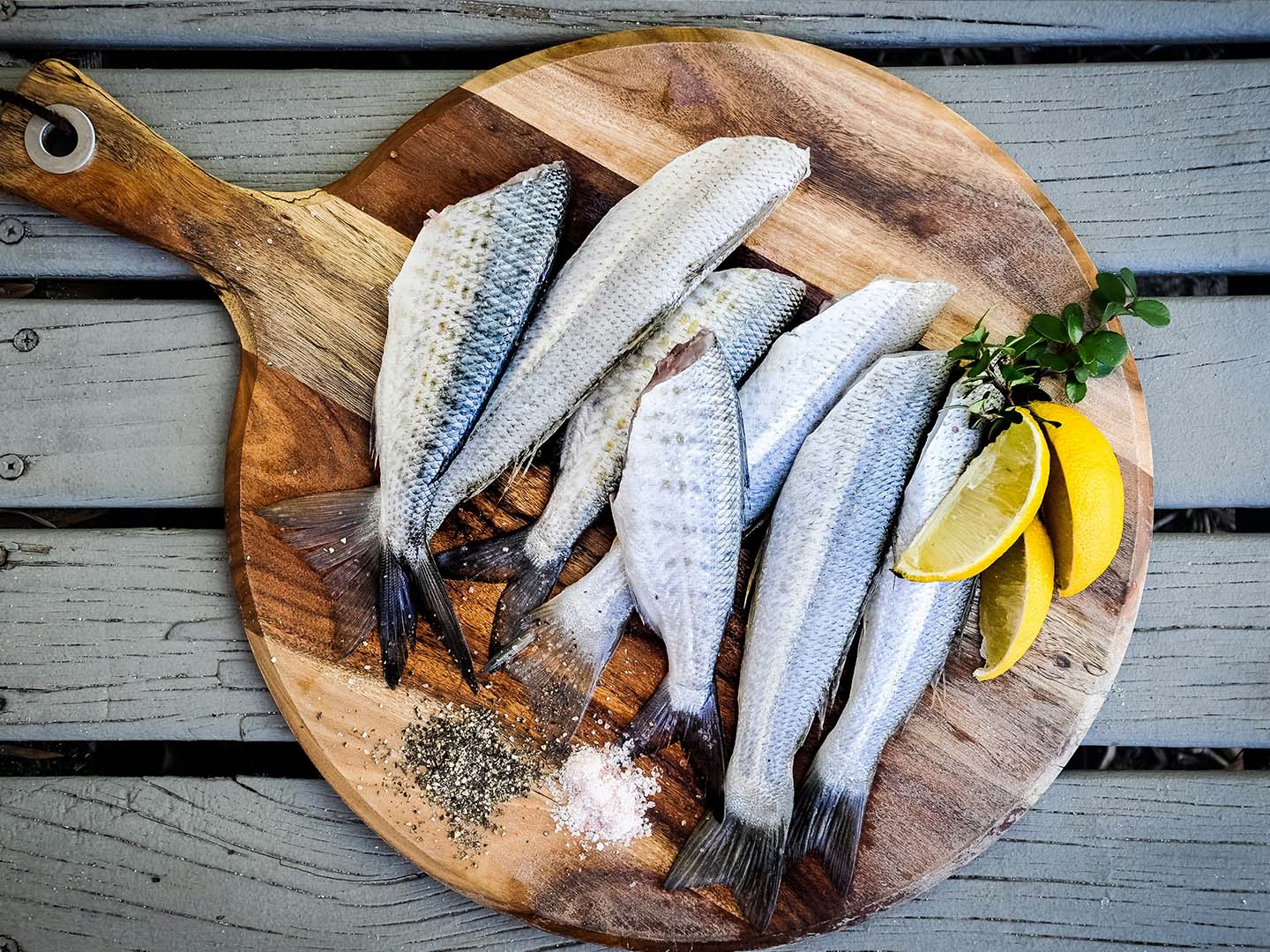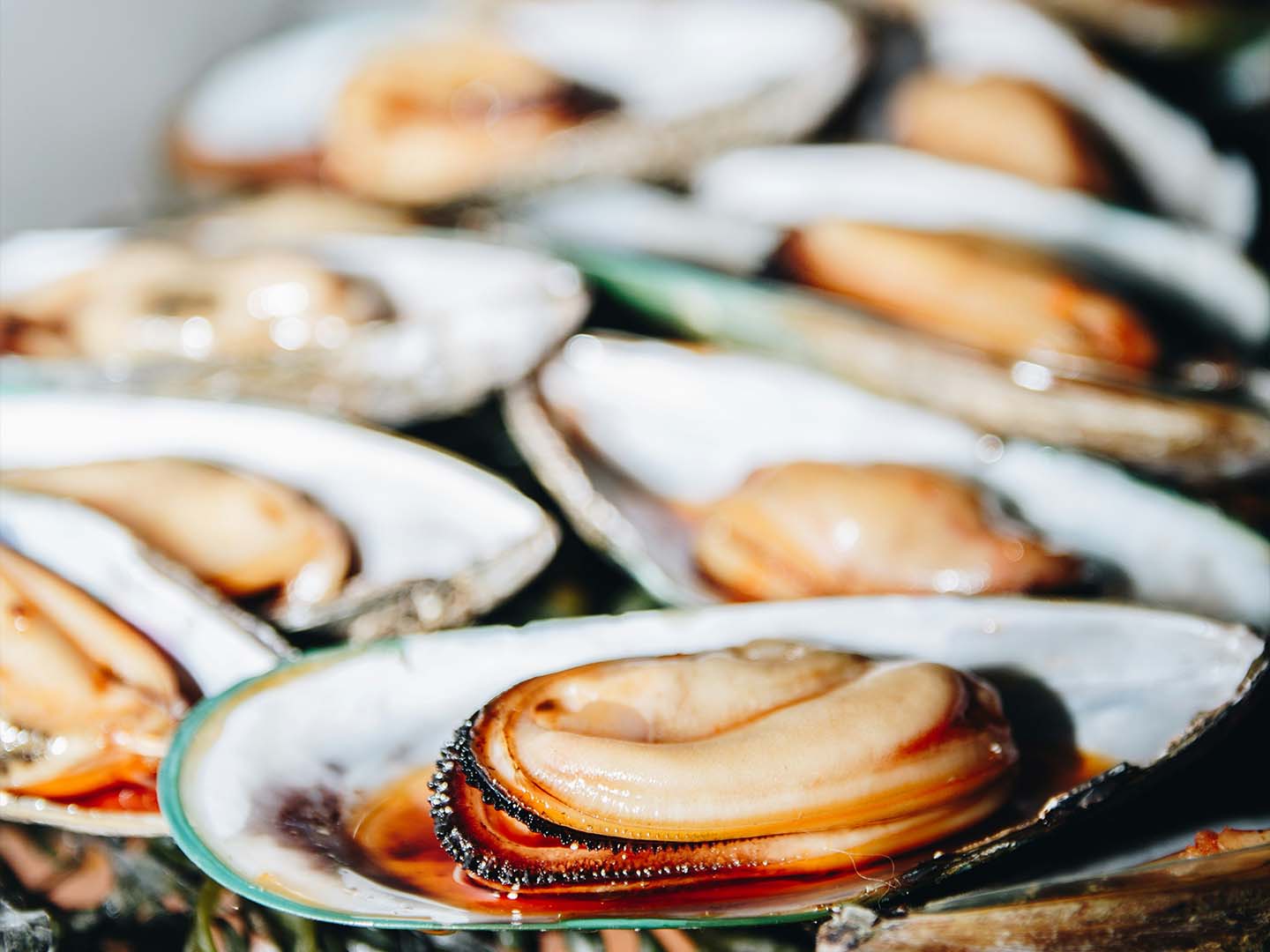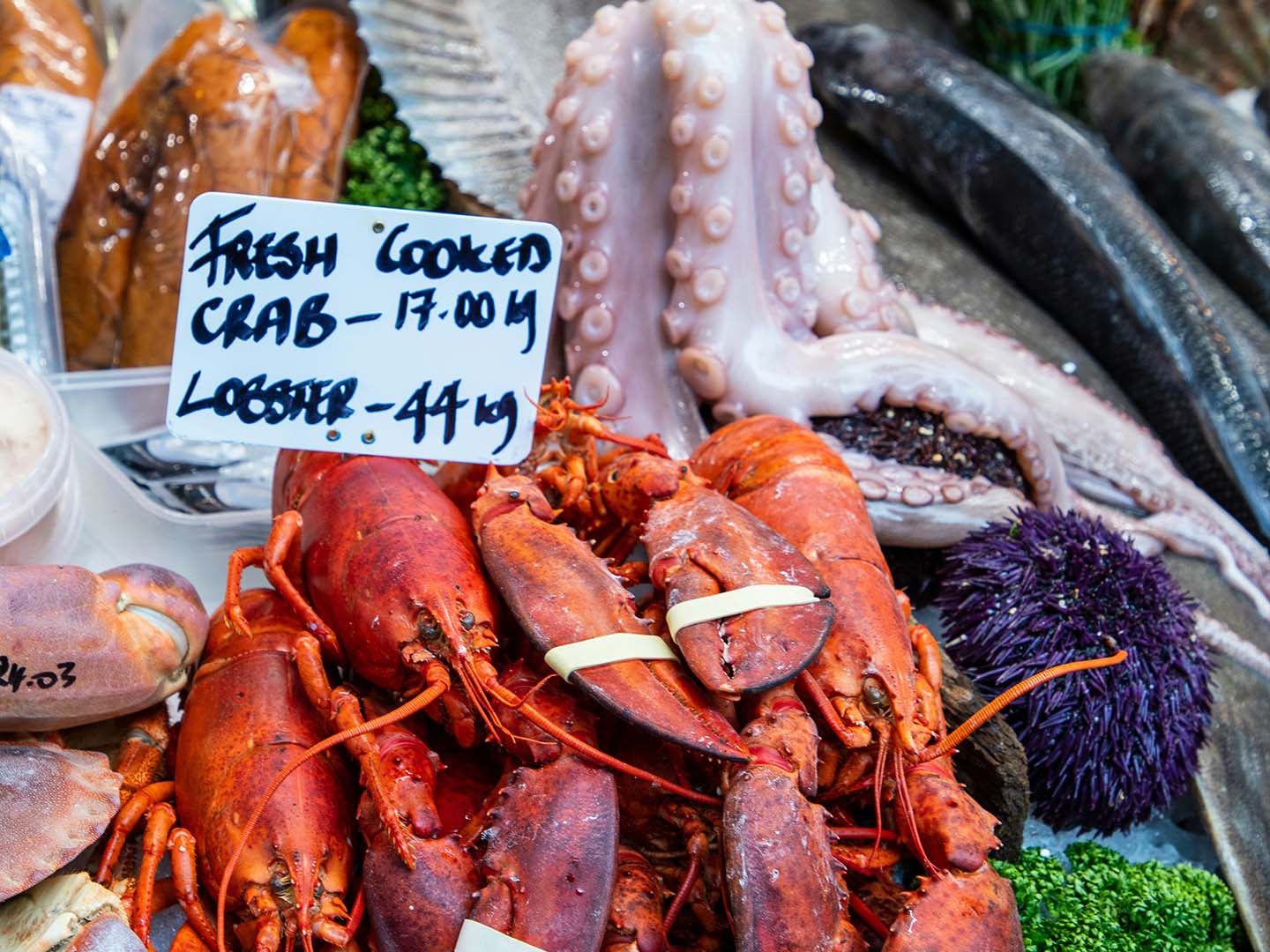Do Oysters Really Make You More Romantic?
Picture this: a candlelit dinner, soft music playing, and a platter of fresh oysters on ice. For centuries, oysters have been synonymous with romance, seduction, and even fertility. But is there real science behind the idea that oysters boost libido, or is it just a tantalizing myth? If you’ve ever wondered whether oysters truly have aphrodisiac powers, you’re not alone. Many people swear by their romantic effects, while others remain skeptical. In this deep dive, we’ll explore: The historical roots of oysters as an aphrodisiac The scientific evidence (or lack thereof) supporting their libido-boosting claims Nutritional components in oysters that might play a role The
Can You Eat Seafood Every Day?
Seafood is one of the healthiest protein sources available, packed with essential nutrients like omega-3 fatty acids, high-quality protein, and vital vitamins and minerals. But is it safe—or even beneficial—to eat seafood every day? Many people, especially those following Mediterranean or pescatarian diets, consume fish and shellfish regularly. However, concerns about mercury, environmental toxins, and sustainability often arise. In this comprehensive guide, we’ll explore: ✅ The health benefits of daily seafood consumption ⚠️ Potential risks and how to mitigate them 📊 Expert recommendations on safe intake levels 🐟 Best low-mercury seafood choices 🔍 How to source seafood responsibly By the end, you’ll have a clear
Is Fresh Seafood Always Better Than Frozen?
When you walk into a grocery store or seafood market, you’re often faced with a choice: fresh or frozen seafood. Most people instinctively reach for the "fresh" option, assuming it’s superior in taste, texture, and nutrition. But is that really the case? The truth is, the "fresh vs. frozen" debate isn’t as straightforward as it seems. Thanks to advancements in freezing technology, frozen seafood can sometimes be fresher than what’s sold as "fresh" at the counter. In this in-depth guide, we’ll explore: The reality behind "fresh" seafood labels How freezing technology preserves quality Nutritional differences between fresh and frozen Which
Do Fish Really Make You Smarter?
Hey there! I'm guessing you clicked on this article because you've heard that age-old saying: "Eat fish - it's brain food!" Maybe your mom forced you to finish your salmon as a kid, promising it would make you smarter. Or perhaps you've seen those omega-3 supplements claiming to boost your memory and focus. Well, I've been down this rabbit hole of research, and today I want to have a real conversation with you about what science actually says. No hype, no exaggeration - just the facts about fish and brainpower. The Fishy Claim We've All Heard Let's start with why
Myth or Fact? Mercury in Seafood is Dangerous
If you’ve ever hesitated before ordering sushi or wondered whether the salmon on your plate is safe, you’re not alone. Mercury in seafood is one of the most debated topics in nutrition—some say it’s a serious health threat, while others argue the risks are overblown. But who’s right? And how much should you really worry? In this comprehensive guide, we’ll break down: ✔ What mercury is and how it gets into seafood ✔ Which fish are high-risk and which are safe ✔ The real dangers (and who should be most cautious) ✔ How to enjoy seafood without fear By the end, you’ll have a
The Environmental Impact: Why Seafood is a More Sustainable Choice
Hey there! If you're like many people today, you're probably thinking more about where your food comes from and how it impacts the planet. With climate change becoming a pressing issue, many of us are looking for ways to reduce our carbon footprint—and one of the biggest changes we can make is in our diet. You might have heard that seafood is a more eco-friendly choice than meat, but is that really true? Let’s break it down together. We’ll compare seafood and meat in terms of: Carbon footprint Water usage Land use Impact on marine ecosystems Health benefits By the
Weight Loss Made Easy: Why Seafood is the Best Choice
Can Eating Seafood Help You Lose Weight? Science Says Yes! Struggling to shed stubborn pounds? The secret might be swimming in your local market. Seafood—packed with lean protein, healthy fats, and essential nutrients—is a powerhouse for weight loss. Here’s why science backs seafood as a slimming superstar, plus tips to make it a delicious part of your routine. Why Seafood is a Weight Loss Game-Changer 1. High Protein, Low Calories Seafood like shrimp, cod, and crab delivers more protein per calorie than chicken or beef. Protein keeps you full longer, curbing cravings and reducing mindless snacking. 2. Metabolism-Boosting Omega-3s Fatty fish (salmon, tuna,
Seafood and Heart Health: The Key to a Longer Life
If you’re looking for a simple, delicious way to boost your heart health, seafood might be the answer. Packed with essential nutrients like omega-3 fatty acids, lean protein, and vital minerals, seafood has been linked to a lower risk of heart disease, improved cholesterol levels, and even a longer lifespan. But how exactly does seafood help your heart? And how much should you eat to see real benefits? In this blog post, we’ll dive deep into the science behind seafood and heart health, exploring: The key nutrients in seafood that protect your heart How seafood reduces the risk of cardiovascular
Why Seafood is the Ultimate Brain Food
Have you ever wondered why seafood is often referred to as "brain food"? There’s a scientific reason behind this nickname. Seafood—especially fatty fish like salmon, mackerel, and sardines—is rich in essential nutrients that support brain function, memory, and mental clarity. If you're looking to boost your cognitive performance, reduce brain fog, or even lower your risk of neurodegenerative diseases, incorporating more seafood into your diet might be one of the best decisions you can make. In this blog post, we’ll explore: The key nutrients in seafood that enhance brain health How omega-3 fatty acids improve memory and focus The connection
Seafood vs. Red Meat: Which One is Healthier?
When it comes to choosing between seafood and red meat, many health-conscious individuals find themselves at a crossroads. Both are excellent sources of protein and essential nutrients, but they also come with different health implications. If you're trying to decide which one is better for your diet, you’re not alone. In this comprehensive guide, we’ll break down the nutritional profiles, health benefits, and potential risks of seafood and red meat. By the end, you’ll have a clearer understanding of which option aligns best with your health goals. Nutritional Comparison: Seafood vs. Red Meat Before diving into health impacts, let’s compare

